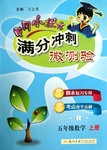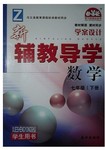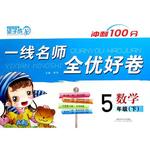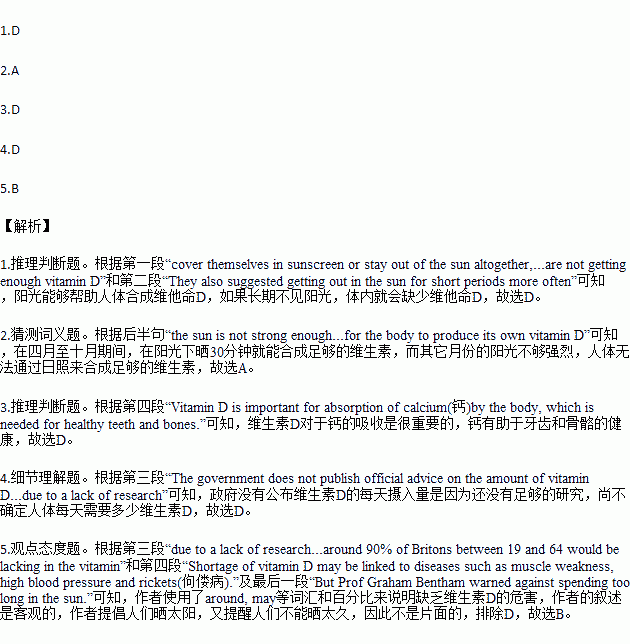题目内容
Sometimes successful health campaigns can have quite unexpected reactions.The years of warnings about skin cancer mean that Britons are happy to cover themselves in sunscreen or stay out of the sun altogether, but it also means that most of us are not getting enough vitamin D.
Scientists announced yesterday that Britons need to increase to three times the amount of vitamin D they get per day.They called on food producers to fortify(强化)their products with more of the vitamin and suggested people should consider taking supplements(补充物) to keep levels up.They also suggested getting out in the sun for short periods more often, but they warned against “sun bingeing”.
The government does not publish official advice on the amount of vitamin D people should take due to a lack of research, says Dr Birgit Teucher of the Institute for Food Research.But in the US, the government recommends 5 micrograms a day.By that count, Dr Birgit Teucher said that around 90% of Britons between 19 and 64 would be lacking in the vitamin because they only took around 3 micrograms a day.
Vitamin D is important for absorption of calcium(钙)by the body, which is needed for healthy teeth and bones.A lack of it can lead to serious diseases in both children and adults.The vitamin can be found in some foods but it can also be obtained from chemicals in the skin reacting to sunlight.Dr Barbara Boucher said adults should get 5 to 25 micrograms a day.Shortage of vitamin D may be linked to diseases such as muscle weakness, high blood pressure and rickets(佝偻病).
Dr Birgit Teucher gave several reasons for the lack among Britons.Increasing numbers of office-based jobs mean a lack of exposure to the sun; and the rise of becoming overweight means that vitamin D—which is fat soluble(可溶解的)一is increasingly stored in body fat, where it cannot be accessed readily.
Professor Brian Wharton of the Institute of Child Health said that children in particular needed to have enough vitamin D to prevent rickets.
Professor Graham Bentham, an environmental scientist at the University of East Anglia, added that babies who were only breast-fed probably need to take supplements in case their mother was vitamin D lacking.Those drinking milk were likely to be OK, thanks to the fortification of the drink.
The scientists called on food producers to fortify milk, bread and breakfast nutrient to enable people to get their daily amount of the vitamin.Prof Graham Bentham added that 30 minutes of sun exposure to the face and forearms between April and October would be sufficient.Outside these months, the sun is not strong enough in Britain for the body to produce its own vitamin D.
But Prof Graham Bentham warned against spending too long in the sun.“Sun bingeing is well known to be dangerous,” he said.“In any case, vitamin D transformation in the skin switches off after a while so short frequent amounts are better for vitamin D formation.”
1.From Paragraphs l&2 we can infer that_________.
A. some health campaigns are very successful
B. people are lacking in various vitamins
C. Britons are advised not to get out in the sun
D. vitamin D can be obtained by staying in the sun
2.The word “sufficient” (Paragraph 8) is the closest in meaning to _________.
A. enough B. proper
C. familiar D. available
3.From the passage, we can conclude_________.
A. the babies who were only breast—fed certainly need to take vitamin D supplements
B. a large quantity of vitamin D stored in body fat is the primary reason for being overweight
C. the sunlight can produce adequate vitamin D that the body needs all year round
D. vitamin D is vital for the body to absorb calcium needed for healthy teeth and bones
4.The government doesn’t give official advice on the amount of vitamin D because_________.
A. they think it is harmful for health
B. they don’t want to be blamed
C. they aren’t confident of its function
D. they haven’t concrete proof
5.Which best describes the writer’s tone in the passage?
A. Humorous. B. Objective.
C. Pessimistic. D. One-sided.
 黄冈小状元满分冲刺微测验系列答案
黄冈小状元满分冲刺微测验系列答案 新辅教导学系列答案
新辅教导学系列答案 阳光同学一线名师全优好卷系列答案
阳光同学一线名师全优好卷系列答案
